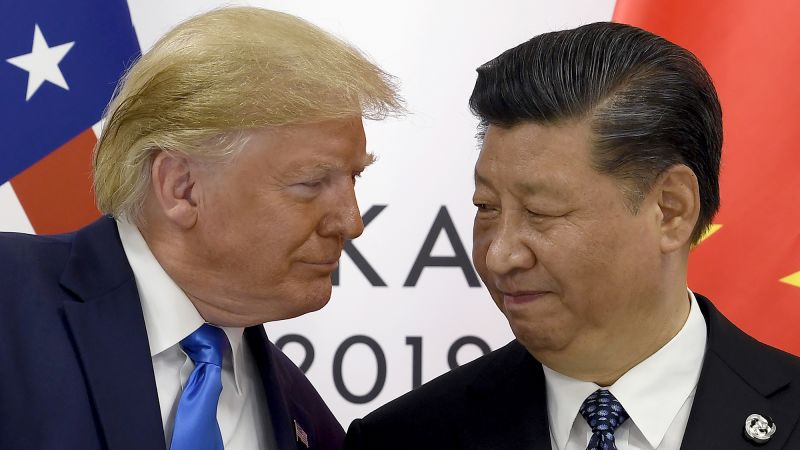Title: Trump’s China Hawks May Clash with Beijing, But Can They Shape US Policy?
The incoming Trump administration’s lineup of China hawks is likely to take a hardline approach on China, with several individuals voicing concerns about the country’s rise as a global superpower. However, experts warn that Beijing may not be caught off guard by this more confrontational approach, given its experience with Trump’s previous administration.
The newly appointed national security adviser, Rep. Mike Waltz, has described China’s military as “specifically dedicated to defeating the United States of America.” Sen. Marco Rubio, Trump’s pick for secretary of state, was sanctioned by Beijing for his remarks on China, while Pete Hegseth, the nominee for defense secretary, has warned that China seeks global domination.
Yet, experts suggest that Trump himself may still want to make a deal with China, and his views on economic challenges from China could temper the actions of his hawkish cabinet picks. Trump’s pick for national security adviser, Rep. Mike Waltz, has declared that the Chinese Communist Party is in a “cold war” with America.
Beijing may seek to establish back channels through individuals in Trump’s inner circle, such as Elon Musk, whose business interests in China make him a key player. Musk often echoes Chinese talking points, and his views on the “win-win” relationship between the two nations may influence US policy.
However, the downbeat trajectory of US-China relations under Trump will likely depend on the extent to which his cabinet picks are able to shape policy. The new administration’s line-up is stacked with China hawks, but Wu Xinbo, director of the Center for American Studies at Fudan University, notes that Beijing may be more prepared to deal with Trump’s team than they were in 2016.
The next four years will be marked by a rocky road ahead for US-China relations, with economists warning that Trump’s threatened 60% tariffs on Chinese goods could cut China’s growth rate in half. The future of US-China relations will depend on how effectively Trump and his team can navigate the complex web of economic, security, and diplomatic challenges.

